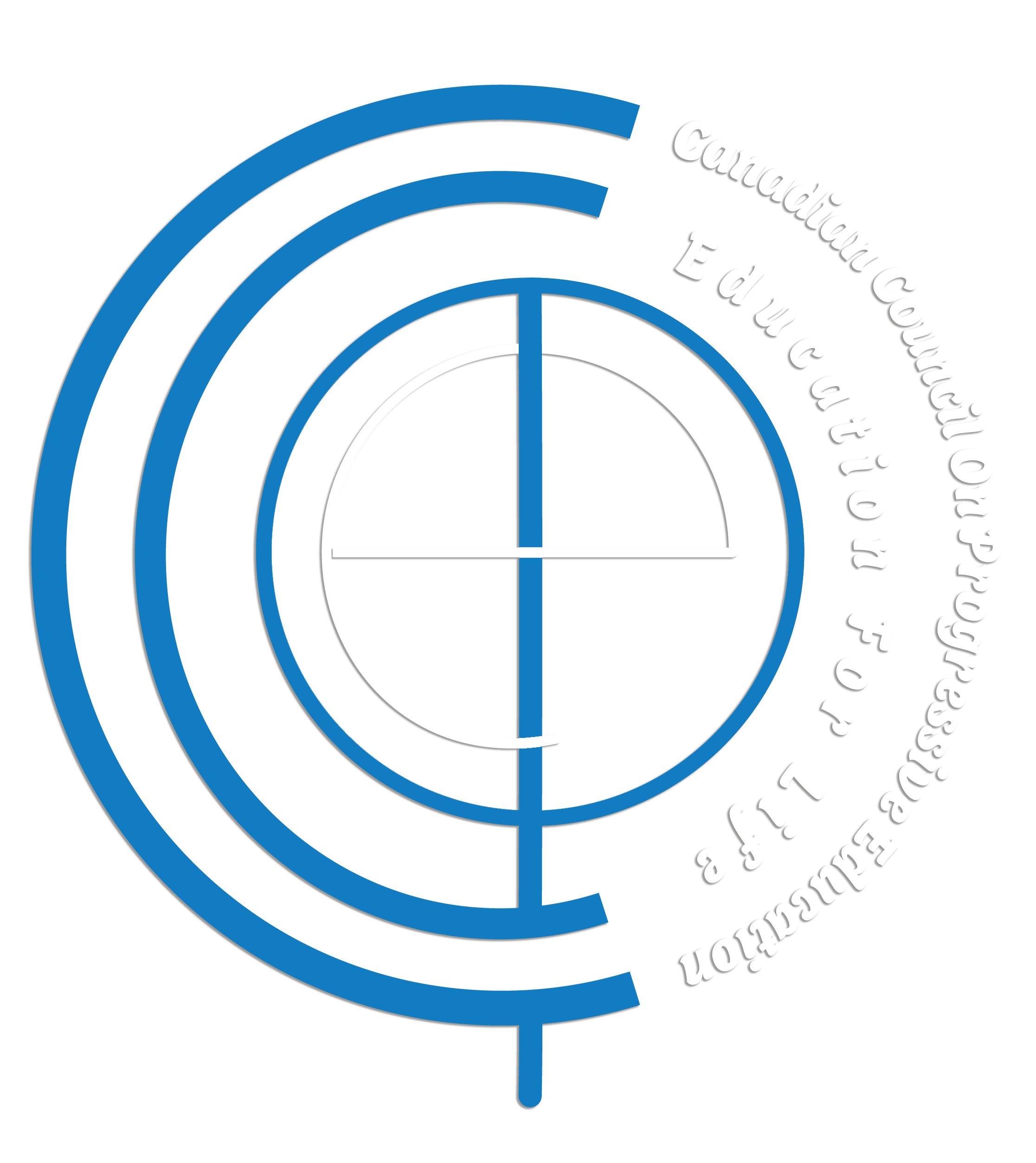

Fostering Global Citizenship in International Classrooms: Best Practices Across Regions
In today’s interconnected world, the role of education extends beyond the transfer of knowledge to developing students into global citizens who value diversity, empathy, and collaboration. International schools, particularly in regions such as the Arab Gulf, the USA, and Africa, stand at the forefront of this mission, blending cultural awareness with academic excellence. As a leading advocate for progressive education, the Canadian Council on Progressive Education (CCOPE) emphasizes the integration of global citizenship practices into classroom settings to prepare students for a rapidly changing world.
A Unified Yet Diverse Approach
While the goal of nurturing global citizenship is shared across schools worldwide, its implementation often varies by region:
- Arab Gulf: Many international schools here operate in multicultural environments where students from diverse nationalities coexist. Schools focus on embedding respect for local traditions while encouraging students to explore global perspectives. Activities like Model United Nations, cross-cultural exchanges, and service-learning initiatives rooted in the community foster a sense of belonging while cultivating a global outlook.
- USA: The emphasis on individuality and critical thinking in American classrooms supports discussions on global issues such as climate change, human rights, and international politics. Innovative projects like virtual collaborations with students overseas allow learners to gain firsthand insights into other cultures, making the concept of global citizenship tangible and relevant.
- Africa: Schools in this region often integrate the challenges and opportunities unique to their communities into the curriculum. For example, many educators use local case studies on sustainable development, environmental stewardship, and conflict resolution to develop a global perspective rooted in local realities.
Key Practices for Global Citizenship
Building on lessons from these regions, here are essential practices schools can adopt to promote global citizenship:
- Project-Based Learning: Encourage students to work on projects addressing global challenges such as poverty, inequality, and sustainable development. This cultivates empathy and problem-solving skills.
- Intercultural Dialogue: Facilitate discussions that allow students to share and celebrate their cultural identities, fostering mutual understanding and respect.
- Technology Integration: Use virtual exchanges, global pen-pal programs, and collaborative online platforms to connect students with peers worldwide.
- Service Learning: Design opportunities for students to engage in community projects that align with the United Nations’ Sustainable Development Goals (SDGs), linking local efforts to global impact.
- Critical Reflection: Integrate reflective practices into learning experiences, allowing students to examine their biases, understand other perspectives, and grow as thoughtful citizens.
The Role of Leadership in Transformation
Effective school leadership plays a crucial role in fostering a global citizenship mindset. Leaders must model inclusivity, prioritize equity in policy and curriculum design, and provide professional development for educators on integrating global themes into their teaching practices.
At the CCOPE, we collaborate with schools and districts to create frameworks that support these transformative efforts. By leveraging our expertise, institutions can effectively adapt to the demands of an interconnected world while maintaining their cultural integrity.
Conclusion
Global citizenship education is no longer an option but a necessity in preparing students to thrive in a multicultural, interconnected world. Whether in the Arab Gulf, the USA, or Africa, international schools are uniquely positioned to lead this charge by embracing best practices that bridge the gap between local and global realities.
At the Canadian Council on Progressive Education, we remain committed to empowering educators with the tools and strategies to turn classrooms into gateways for global impact. Together, we can shape a generation of compassionate, informed, and proactive global citizens.
For more insights and resources, visit theccope.org.









